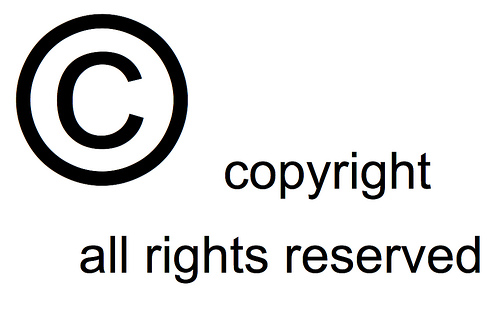At the 28th Session of the Human Rights Council in March 2015, Ms. Farida Shaheed, the UN Special Rapporteur in the field of cultural rights, presented her report on copyright laws and policies and their effect on artistic freedom.
The report emphasizes the need to balance intellectual property rights with the need to empower creativity. It supports copyright exceptions and limitations that enable caricature, parody, pastiche and appropriation art, which all borrow recognizably from prior works in order to express something new and different. Therefore, the moral right to object to distortions or modifications of a work must be interpreted in balance with the right of others to reinterpret cultural inheritance and exercise their own creativity.
In conclusion the report finds that freedom of expression is increasingly being eroded by attempts to protect copyright. The process is especially visible on the internet where “aggressive” responses to digital piracy, such as denial of Internet access and criminal sanctions for non-commercial infringement present serious human rights concerns. Enforcing copyright claims at the expense of freedom of expression has an overall chilling effect upon culture. The Special Rapporteur requests additional study on the issue, specifically from a human rights perspective.
Two areas of special concern to the report are multinational trade agreements and corporate interests:
The main problem with trade agreements is the often-opaque and secretive nature of how they are negotiated. The report calls for transparency in negotiations, which would allow public engagement and commentary. It also notes that international policy making on copyright, as exemplified by the Anti-Counterfeiting Trade Agreement and Trans-Pacific Partnership, suffers a “democratic deficit”: corporate interests are disproportionately represented, while civil society and users are excluded.
In contrast, treaty negotiations in the World Intellectual Property Organization (WIPO) a self-funding agency of the United Nations, are characterized by greater openness, participation, and consensus-building. Regardless of the forum, however, the report notes a concern that powerful parties may use international rule-making to “restrict domestic policy options, advancing private interests at the expense of public welfare or human rights.” This is especially true as the agreements have the ability to block vast amounts of legitimate free speech.
Another aspect of intellectual property that the report focuses on is that of corporate interests. At present, it is corporations that are making the largest profit off IP, not artists. Artists negotiate with corporations so as to sell their work; however, “those contractual exchanges are often marked by an imbalance of power between the parties”. In conclusion, the report calls for a change in the profit balance, where the skills of the artist would be better acknowledged in contract negotiation with more of the profit going to the person that has created the work than to the corporation distributing it.
For the full report go to:


